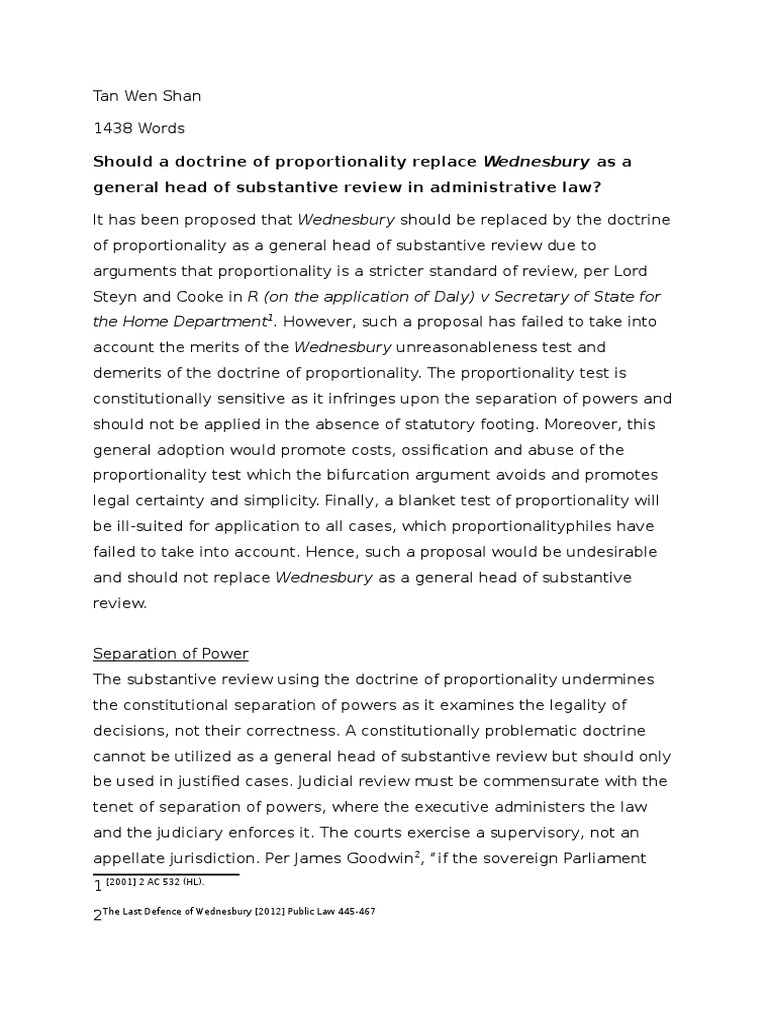Conclusion
Judges do make law; they make law all the time and they always have. Laws do change as new situations abound and based on the Realistic theory, it has to be accepted that that judges do indeed make new law and that this is necessary where there are no existing rules to cover the situation, as Professor Hart asserted Judges do both. Judges interpret the statue law and they make the common law. There are two types of law one would be the primary law, which is also known as the statue law and the secondary law, which is also known as the common law. For the primary law it is created by the legislature, which is the parliament as the parliament has the power to Estimated Reading Time: 12 mins such thing as judge-made law, for the judges do not make the law, though they frequently have to apply existing law to circumstances as to which it has not previously been authoritatively laid down that such law is applicable.” Generally, the position judges adopted is to interpret the law instead of concerning with the justice of their decisions

Post navigation
Judges do make law; they make law all the time and they always have. Laws do change as new situations abound and based on the Realistic theory, it has to be accepted that that judges do indeed make new law and that this is necessary where there are no existing rules to cover the situation, as Professor Hart asserted According to the official line of course the judges do not make law but they do make laws in three circumstances: (1) Interpretation: Parliament cannot define each and every possibility or define and explain every term in statute, so there arises a need for the judge to interpret the statute such that it can be applied to the case before courts · With this, it is now indisputable and well accepted by judges too that as time progressed, it is universally accepted that judges do make decisions that shape the law. According to Reid, we no longer believe in fairy tales any more
Exellent Essays
The famous quote, “Justice is the tolerable accommodation of the conflicting interests of society, and I don 't believe there is any royal road to attain such accommodation concretely” [Hamburger: blogger.com (Downloaded 20th March )] can be considered for interpreting that “Judges (courts) do not ‘make’ the law but merely interpret the law” as Judges do both. Judges interpret the statue law and they make the common law. There are two types of law one would be the primary law, which is also known as the statue law and the secondary law, which is also known as the common law. For the primary law it is created by the legislature, which is the parliament as the parliament has the power to Estimated Reading Time: 12 mins According to the official line of course the judges do not make law but they do make laws in three circumstances: (1) Interpretation: Parliament cannot define each and every possibility or define and explain every term in statute, so there arises a need for the judge to interpret the statute such that it can be applied to the case before courts
Introduction
Discuss. Judges do both. Judges interpret the statue law and they make the common law. There are two types of law one would be the primary law, which is also known as the statue law and the secondary law, which is also known as the common law According to the official line of course the judges do not make law but they do make laws in three circumstances: (1) Interpretation: Parliament cannot define each and every possibility or define and explain every term in statute, so there arises a need for the judge to interpret the statute such that it can be applied to the case before courts Judges do make law; they make law all the time and they always have. Laws do change as new situations abound and based on the Realistic theory, it has to be accepted that that judges do indeed make new law and that this is necessary where there are no existing rules to cover the situation, as Professor Hart asserted

The famous quote, “Justice is the tolerable accommodation of the conflicting interests of society, and I don 't believe there is any royal road to attain such accommodation concretely” [Hamburger: blogger.com (Downloaded 20th March )] can be considered for interpreting that “Judges (courts) do not ‘make’ the law but merely interpret the law” as such thing as judge-made law, for the judges do not make the law, though they frequently have to apply existing law to circumstances as to which it has not previously been authoritatively laid down that such law is applicable.” Generally, the position judges adopted is to interpret the law instead of concerning with the justice of their decisions Judges do make law; they make law all the time and they always have. Laws do change as new situations abound and based on the Realistic theory, it has to be accepted that that judges do indeed make new law and that this is necessary where there are no existing rules to cover the situation, as Professor Hart asserted
No comments:
Post a Comment